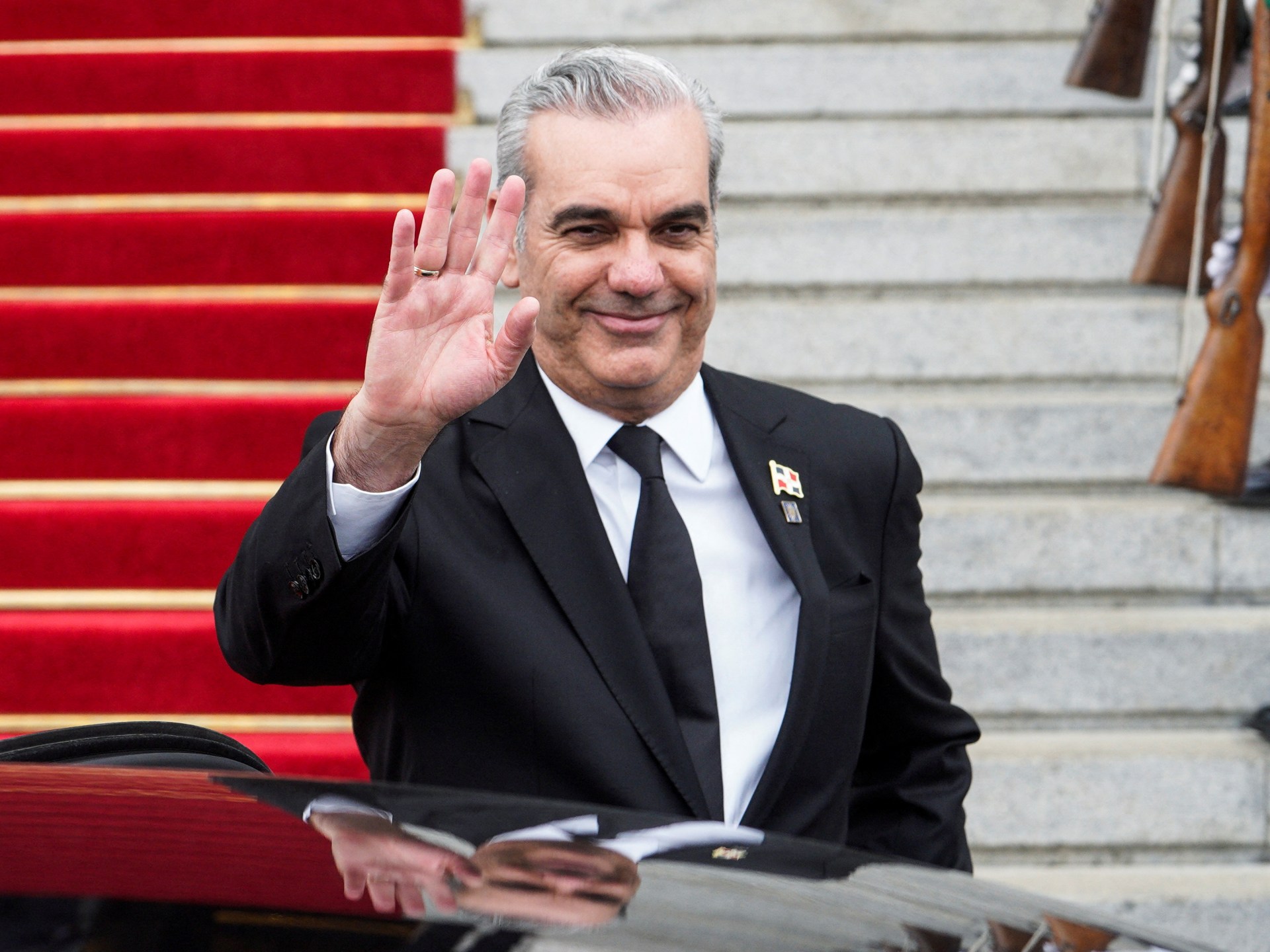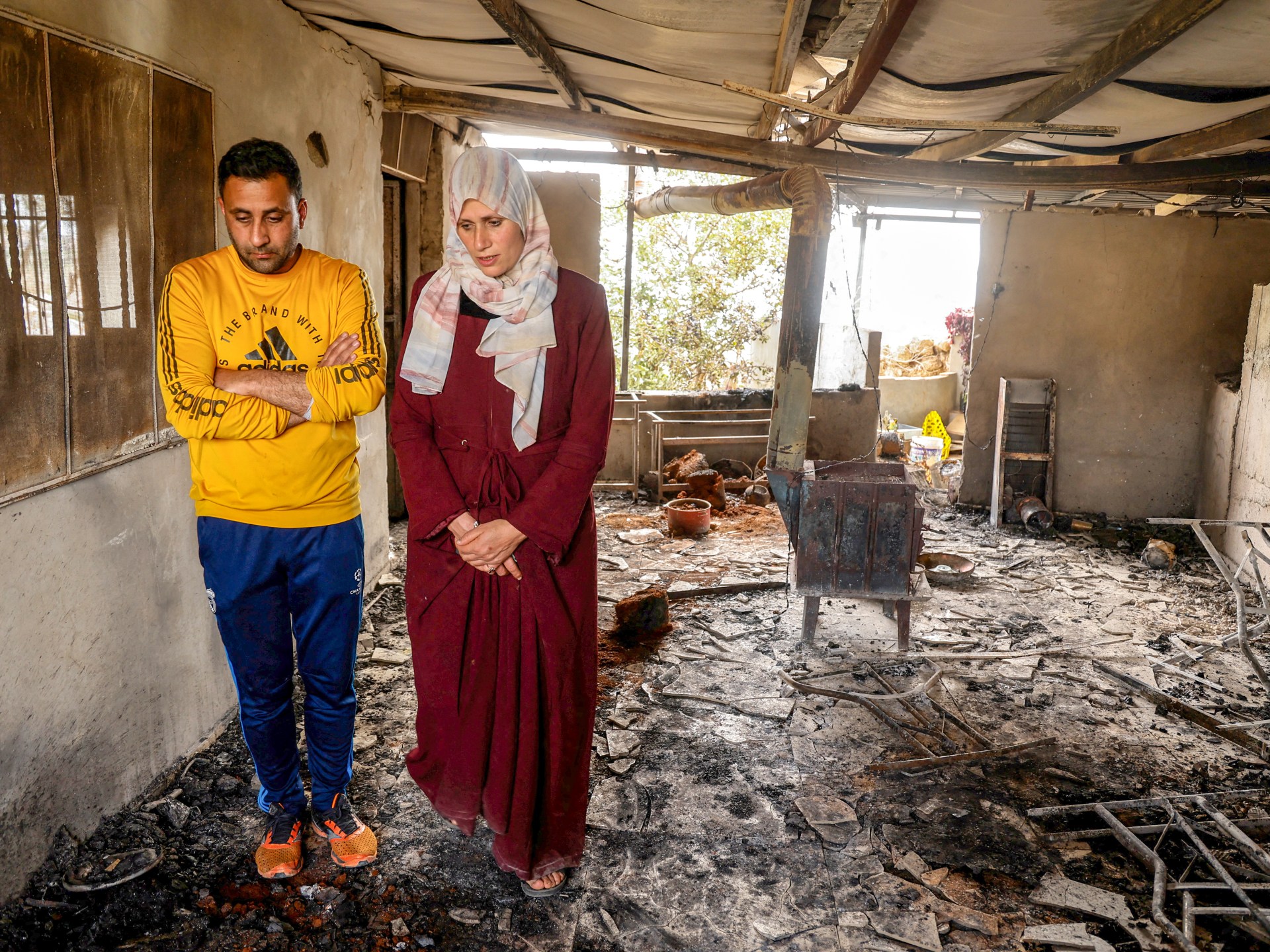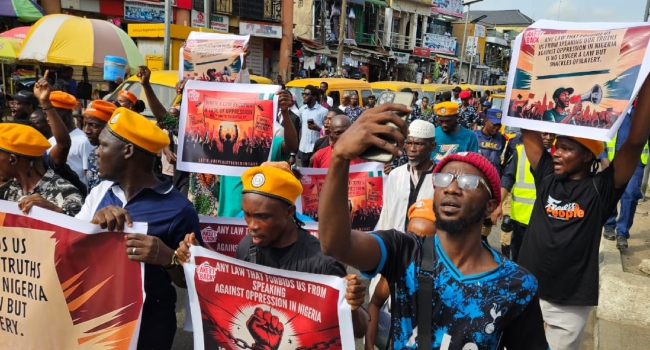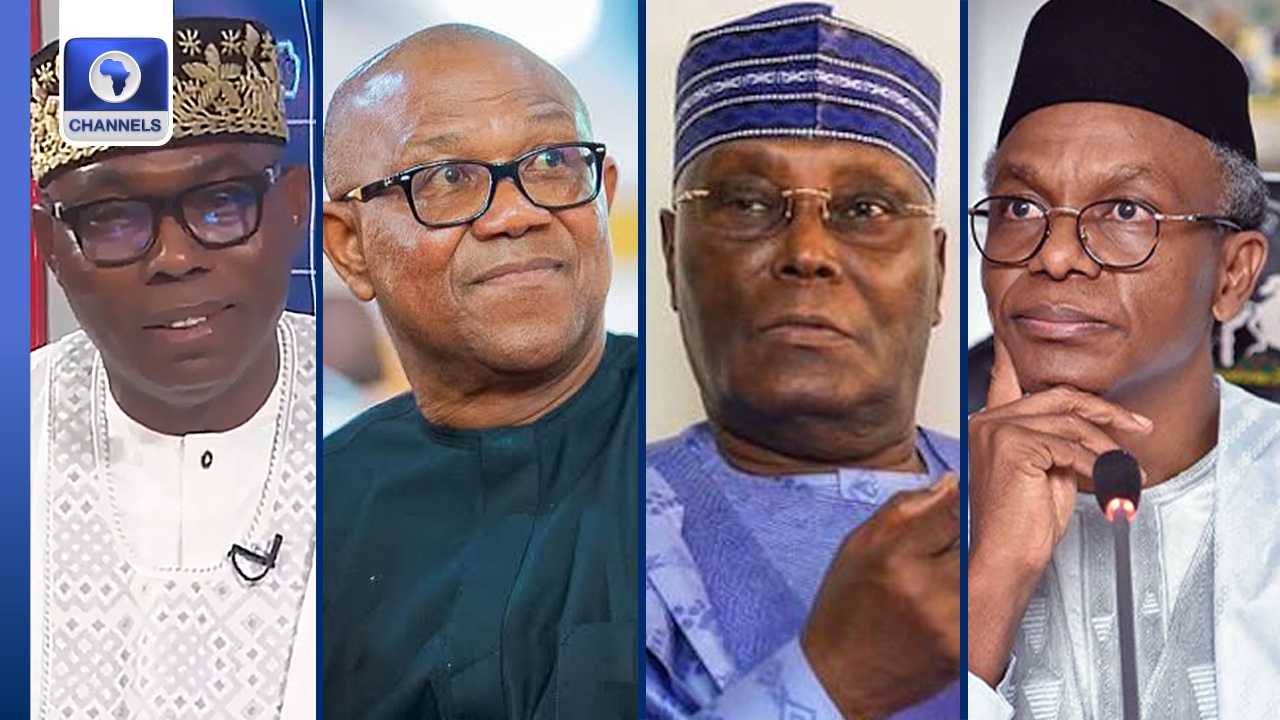When Israel began bombing Gaza on October 7, 2023, Fayez Atil sensed his community in the occupied West Bank would soon come under attack too.
Atil is from the Palestinian village of Zanuta, a traditional herding community in the Jordan Valley.
Settlers from illegal Israeli settlements had harassed and attacked his village for years. Still, the violence escalated sharply after Israel launched what many describe as a “genocidal” war on Gaza.
“It suddenly felt like a war,” he told Al Jazeera by phone.
“Every day and every night, the illegal settlers would try to steal our sheep or vandalise our village by destroying our property and cars,” the 45-year-old added.
Zanuta’s 250 inhabitants gradually left their village – and way of life – due to the constant settler attacks and harassment.
Atil packed his belongings and left with his family after Israeli settlers beat up a 77-year-old Palestinian shepherd at the end of October 2024.
“They beat the old man, his wife and children,” said Atil. “It was the first time we ever saw that level of aggression from settlers.”
Easy targets
The villagers of Zanuta are one of 46 Palestinian Bedouin communities in the occupied West Bank expelled from their land by state-backed Israeli settlers since October 7, 2023, according to Al-Haq, a Palestinian nonprofit.
“What is happening [to Bedouin communities] is not simply an issue of violent and radical settlers. This is state violence,” explained Shai Parnes, spokesperson for Israeli human rights group B’Tselem.
At the start of Israel’s war on Gaza, Israel called up thousands of reservists who were serving in the West Bank to fight in Gaza, and replaced them with “extremist settlers”, Parnes said.
“Settlers … suddenly got weapons, ammunition and military uniforms [after October 7],” Parnes told Al Jazeera.
These settlers suddenly possessed the legal power to kill and arrest Palestinians.
All the expulsions occurred in Area C, which is sparsely populated and rich in agricultural resources.
Comprising 60 percent of the occupied West Bank, it is the largest of three zones created in the West Bank as part of the 1993 Oslo Accords between then-Palestinian and Israeli leaders.
The Oslo Accords aimed to ostensibly create a Palestinian state in the West Bank alongside Israel.
But over the last 32 years, the size of illegal Israeli settlements there steadily increased, with their population rising from about 200,000 to more than 750,000.
Area C is also under the complete control of the Israeli army, making it easier for settlers – supported by soldiers – to surround vulnerable Palestinian herder communities and expel them from their lands, say Palestinian and Israeli human rights groups.
This differs from Area A, which is technically under the full control of the Palestinian Authority, even though Israeli troops still raid it often, while Area B is under the joint control of the PA and the Israeli army.
‘A racist system’
Even Palestinian Bedouins who are citizens of Israel are being kicked off their land, human rights groups and activists say.
About 120,000 Palestinians live in so-called “unrecognised villages” across the Naqab Desert.
They are descendants of Palestinians who managed to stay on their land during the Nakba, when Zionist militias ethnically cleansed some 750,000 Palestinians to make way for the declaration of the State of Israel in 1948.
The Israeli government insists that Bedouin communities from “unrecognised” villages should simply relocate to cities, yet doing so would sever their connection with the land and threaten their way of life as herders.
Most Bedouin communities have held on to their right to stay on their land. Yet, Israel has long claimed that Bedouins are nomads who never really settle in one place.
However, Khalil Alamour, a Bedouin leader from the village Khan al-Sira, explains that Bedouins stopped migrating more than two centuries ago, and they always return to their land after migrating seasonally to search for food for their cattle.
“Bedouins are stuck to our land. We are an Indigenous community … we can’t just be flipped to another place,” he said.
But Israel has refused to provide services to “unrecognised villages”, instead evicting the inhabitants from their homes and confiscating their land, said Alamour.
In November 2024, Israeli police completed the demolition of Umm al-Hiran, even though the Bedouin inhabitants had agreed to live alongside Jewish settlers, as they told Al Jazeera in February 2024.
“The violence against us is part of a racist policy against all Bedouins and against the Palestinian community more generally. And Bedouins are part of the Palestinian community,” Alamour told Al Jazeera.
Legal whitewashing
Many herder communities in the West Bank have been uprooted multiple times since the Nakba.
Abu Bashar, a Palestinian mokhtar (mayor) of Wadi al-Seeq, said his community has been uprooted four times since Israel came into existence.
The most recent incident occurred just days after October 7, when Israeli settlers stormed the community and began terrorising inhabitants.
About 187 people – 45 to 50 families – fled on foot, walking for hours until they reached Ramon village, where they have stayed until now.
“After October 7, the settlers went crazy. They surrounded our village and they came with the army, which protected them, and expelled us from our village,” Abu Bashar told Al Jazeera.
“We’re now living in tents and under trees in terrible circumstances in Ramon,” he said.
Over the last two years, the villagers of Wadi al-Seeq and Zanuta have filed suits with the Israeli Supreme Court.
Critics say going through Israeli courts – which do not have jurisdiction over occupied land, according to international law – effectively legitimises Israel’s occupation.
According to human rights groups, Israel’s Supreme Court has played a key role in legitimising policies that violate Palestinian rights, such as greenlighting the demolition of Palestinian homes and entire villages.
“The Supreme Court is another mechanism used to whitewash the Israeli occupation,” said Parnes, from B’Tselem.
No other recourse
Despite the Supreme Court’s historical role, several Palestinian Bedouin communities have filed cases with it.
Qamar Mashraki, a Palestinian lawyer representing Zanuta, as well as other Bedouin communities expelled from their lands since October 7, has won two cases so far.
In January 2024, the inhabitants of Zanuta and Umm Dharit were informed they had the legal right to return to their land.
“We have to exploit every tool we [as Palestinians] have,” Mashraki told Al Jazeera.
But Israeli settlers attacked families from Zanuta when they tried to return, preventing the community from rebuilding homes and herding their animals, pushing many to flee again in September 2024.
With the help of Mashraki, Zanuta’s inhabitants filed a second court motion which demanded that Israeli authorities protect the community from Israeli settlers.
Last month, the court issued a decision that the army and the police had to protect the people of Zanuta, said Atil. He added that families feel relatively safe to try and return to Zanuta again.
Dozens of other Bedouin communities that have been driven off their land don’t feel as fortunate.
Many fear that they will lose their land and way of life, even if they initiate a legal battle.
Abu Bashar, from Wadi al-Seeq, said his community is still waiting for the Supreme Court to decide whether they can return to their land.
Even if he can legally go back, he worries settlers will attack his community again.
“The settlers took everything from us: our homes, our tractors, our water supply and even our food,” he told Al Jazeera.









